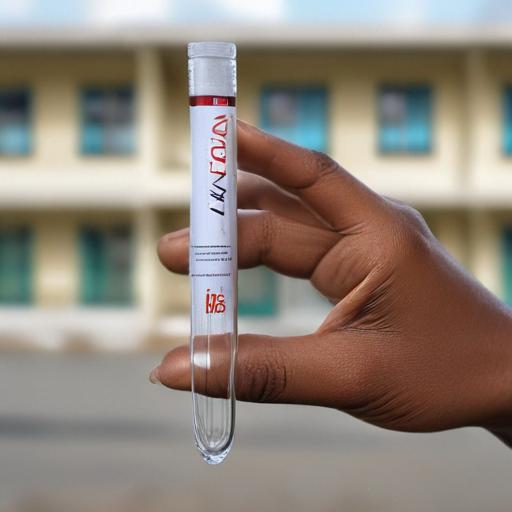Barbara Staley, M.S.C., recalls her first visit to Eswatini in 2004, a time when the nation grappled with an HIV/AIDS pandemic peaking at an astonishing 42% infection rate. The Cabrini sister, who has dedicated her life to serving in this southern African nation, witnessed firsthand the devastation caused by the virus during a time when antiretroviral treatment was virtually nonexistent.
Eswatini, formerly known as Swaziland until 2018, is landlocked and heavily reliant on South Africa for trade. Unfortunately, the nation continues to struggle with high levels of poverty, where nearly 60% of the population lives on less than $1.90 a day. The healthcare system, which provides free primary care, is often inadequately equipped to meet the needs of its citizens, leaving them vulnerable to diseases such as tuberculosis and HIV/AIDS.
Under the guidance of Sister Staley and the Cabrini sisters, significant progress in combating HIV/AIDS was made over the years, mainly supported by U.S. aid. Life expectancy, which had dramatically fallen to 44 years in 2003, rebounded to 61 years in 2023, thanks in part to the interventions by U.S. Agency for International Development (USAID) in response to the crisis. The collaboration between local and international entities helped reduce new HIV infections from a peak of 21,000 annually in 2000 to just 4,000 in 2023.
However, the recent termination of USAID contracts due to policy shifts has raised alarms, particularly in the health sector. The Most Rev. José Luis Gerardo Ponce de León, the bishop of the Diocese of Manzini, expressed shock over this abrupt decision, which has led to the layoffs of nearly 90% of employees at the mission run by the Cabrini sisters. The job losses are creating widespread hardship, as many individuals had gained essential professional skills before the cuts.
Sister Staley notes the emotional toll of watching their employees, many of whom had transitioned into vital community roles, face uncertain futures. She shared the story of Kenseni, a long-time staff member who had progressed in her career and was on the path to supporting her family. Sadly, with the funding withdrawal, conditions are likely to revert to previous struggles.
The bishops and Sister Staley worry about the implications of reduced funding on the ongoing fight against HIV/AIDS in Eswatini, a country that had made notable strides toward universal health coverage and access to antiretroviral drugs. The effectiveness of programs, initially buoyed by robust assistance from USAID, is now in jeopardy as organizations face closures and disruptions in service delivery.
Amidst the challenges, there remains a glimmer of hope rooted in the awareness that Eswatini had achieved significant public health milestones with community support. There is a shared belief that past progress can provide lessons for overcoming these new hurdles, and many continue to strive toward maintaining the advancements made against HIV/AIDS.
While the situation remains dire, the resilience of the local community and past successes offer a foundation for future recovery efforts. The global commitment and philanthropic spirit that have characterized U.S. aid to Eswatini will be critical in addressing the expanded needs in the face of these recent changes.
